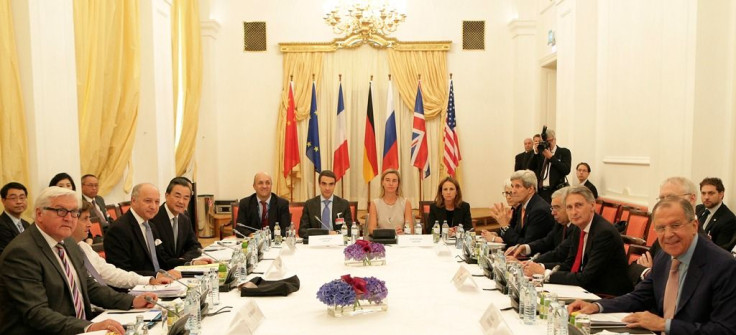Nuclear Deal Possible If World Powers Drop ‘Excessive Demands’: Iran Official

Diplomats refused to give a specific deadline for reaching the Iran nuclear deal as negotiations entered their second overtime period. Meanwhile, a senior official in Iran said the nuclear agreement could not be met in time due to “excessive demands” from six world powers.
Iran was supposed to reach the deal with Britain, France, Russia, China, Germany and the United States by June 30. A second deadline of July 7 was set since the parties did not meet the first deadline.
While a number of diplomats hope to reach a deal soon, there is no indication yet that that will happen. Ali Shamkhani, secretary of Iran’s Supreme National Security Council, said Tuesday night that a durable agreement should involve the development of a “peaceful” nuclear industry in the country.
The agreement also should ensure the removal of sanctions against the Islamic republic, he added. “A win-win agreement in the nuclear negotiations between Iran and the P5+1 group is reachable if the opposite side steers clear of the policy of imposition and excessive demands,” Shamkhani said, as Iran's Press TV reported.
Federica Mogherini, foreign policy chief for the European Union, said negotiations would continue for the next couple of days. But she refused to set another deadline to reach an agreement with Iran. “We are taking negotiations day by day,” said Marie Harf, a spokeswoman for the U.S. negotiating team, as the New York Times reported.
Western officials claimed that the nuclear negotiations with Iran were not open-ended.
In the United States, Republicans previously demanded a specific deadline for reaching a nuclear agreement. They warned that Iran was likely to suffer tougher sanctions in case the negotiations failed.
© Copyright IBTimes 2024. All rights reserved.











